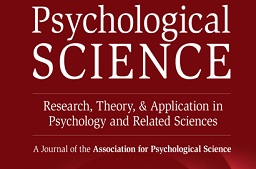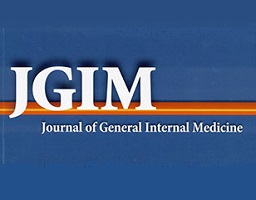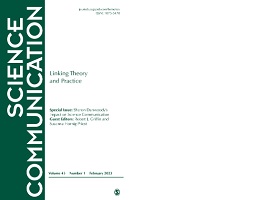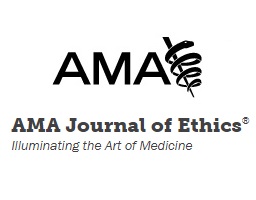Abstract
This article comments on an article by Kouchaki and Smith (see record 2014-01364-010) and explores individuals’ chronotypes and time of day predict their ethicality. The current authors maintain that sleep is governed by two processes: (1) homeostatic processes increase people’s sleep propensity while they are awake, and (2) circadian processes produce cyclical fluctuations in sleep propensity. It is proposed that if homeostatic processes dominate circadian processes, a morning morality effect should emerge for evening people. If the two processes are comparably strong, then evening people should demonstrate similar levels of ethicality in the morning and evening. Finally, if circadian processes dominate, then evening people should demonstrate more ethicality in the evening than the morning. We hypothesized that the strength of circadian processes is sufficient to reduce or even reverse the morning morality effect for evening people.






